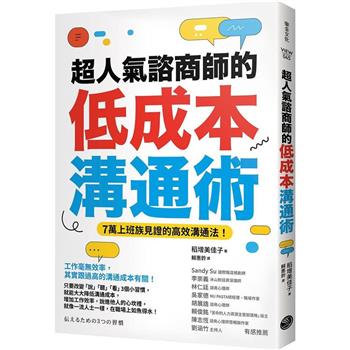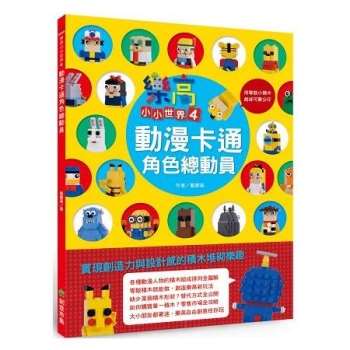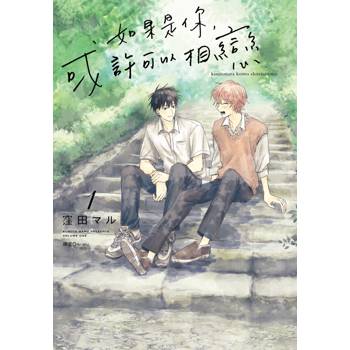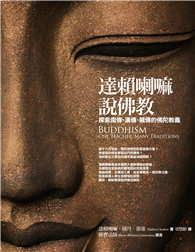"The Records of New Amsterdam From 1653 to 1674 Anno Domini" offers a detailed glimpse into the judicial and administrative proceedings of the Dutch colony of New Amsterdam. Specifically, this volume covers the minutes of the Court of Burgomasters and Schepens from May 8, 1666, to September 5, 1673. These records, meticulously compiled and translated, provide invaluable insights into the daily lives, legal disputes, and governance structures of the burgeoning settlement that would later become New York City.
Authored by Berthold Fernow, Edmund Bailey O’Callaghan, and the City of New York, this historical document serves as a primary source for researchers, historians, and anyone interested in the early colonial history of North America. The records shed light on the interactions between Dutch settlers, Native Americans, and other European powers, revealing the complex social, economic, and political dynamics of the era. This volume is an essential resource for understanding the foundations of New York and its enduring legacy.
This work has been selected by scholars as being culturally important, and is part of the knowledge base of civilization as we know it. This work was reproduced from the original artifact, and remains as true to the original work as possible. Therefore, you will see the original copyright references, library stamps (as most of these works have been housed in our most important libraries around the world), and other notations in the work.
This work is in the public domain in the United States of America, and possibly other nations. Within the United States, you may freely copy and distribute this work, as no entity (individual or corporate) has a copyright on the body of the work.
As a reproduction of a historical artifact, this work may contain missing or blurred pages, poor pictures, errant marks, etc. Scholars believe, and we concur, that this work is important enough to be preserved, reproduced, and made generally available to the public. We appreciate your support of the preservation process, and thank you for being an important part of keeping this knowledge alive and relevant.












